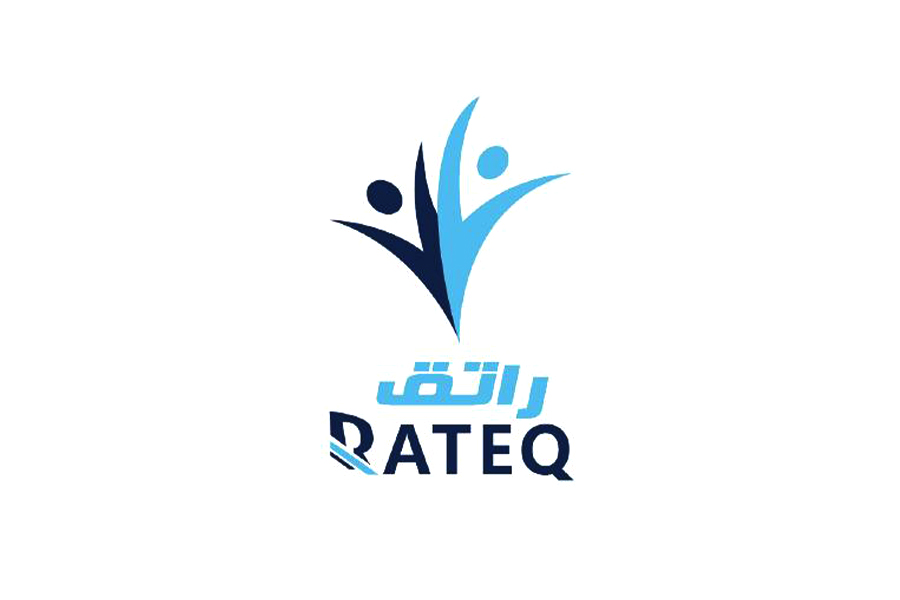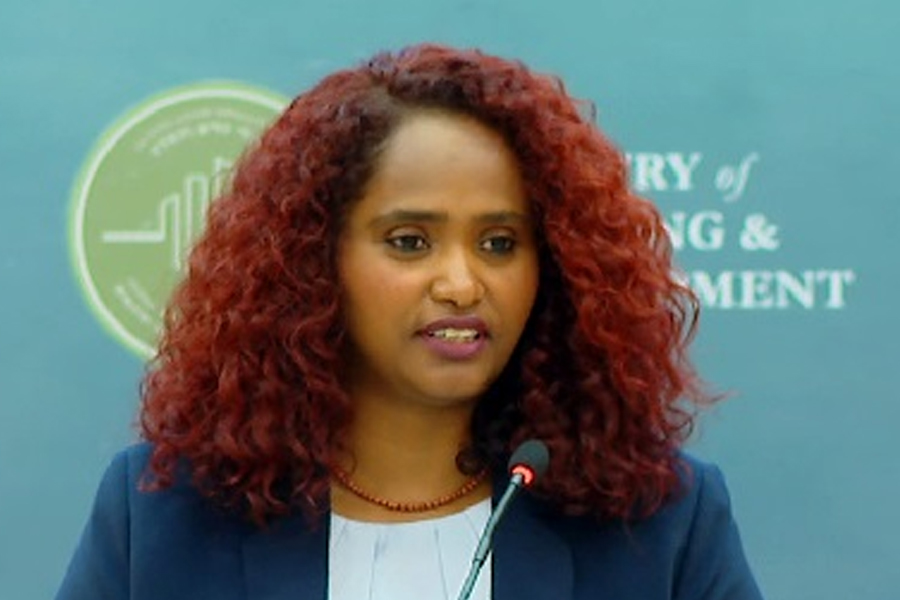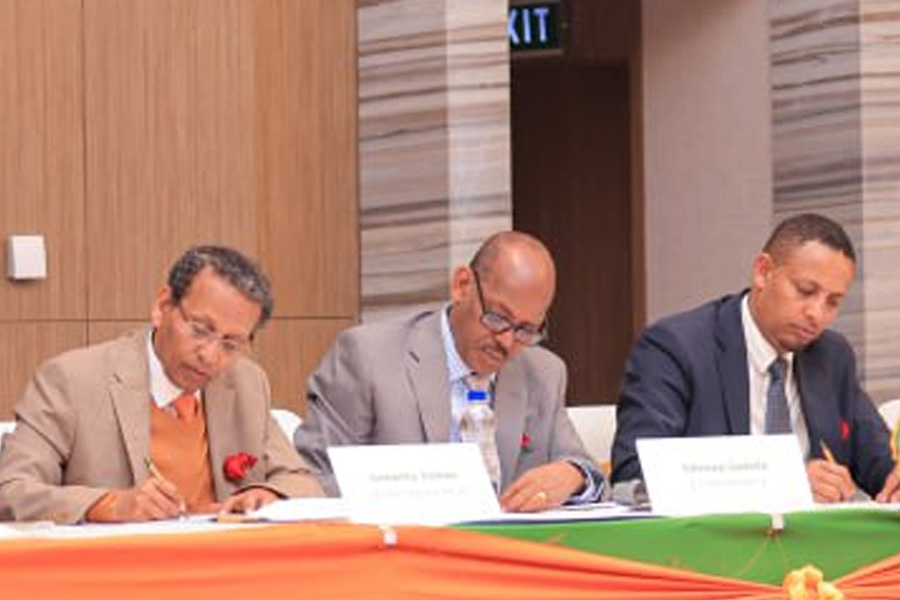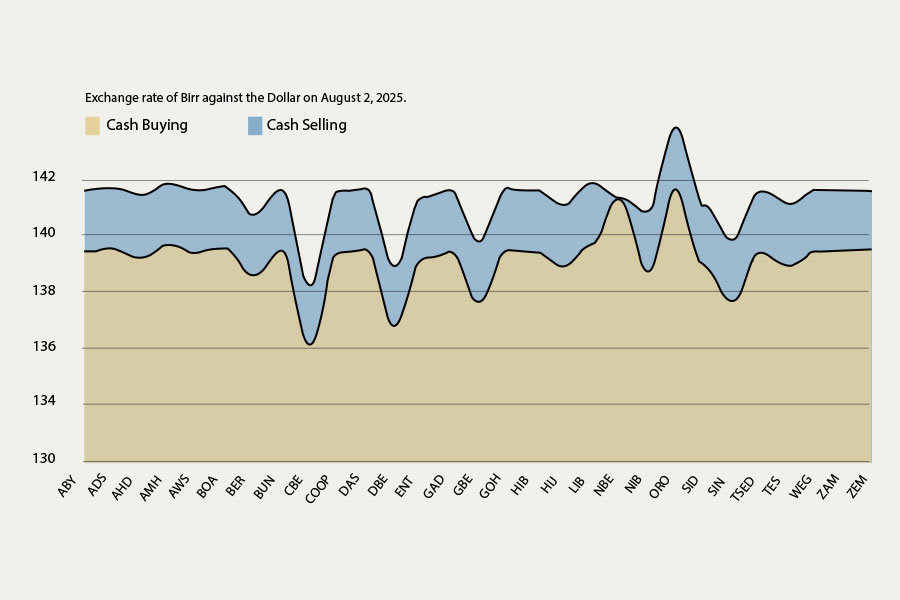
Fortune News | Sep 03,2022
Despite a substantial boost in budget and import volumes, farmers may contend with fertiliser shortages that could impact agricultural productivity in the coming farming season. The Ministry of Agriculture (MoA) allocated 1.3 billion dollars and 156 billion Br to procure 2.4 million tonnes of DAP and Urea fertilisers for the year, a 21pc increase from the previous fiscal year. Yet, the supply continues to fall short of demands by regional states, revealing a structural issue in imports and distribution.
A board chaired by Agriculture Minister Girma Amentie (PhD) oversees the procurement and distribution of fertiliser. It includes high-ranking officials such as Central Bank Governor Mamo Mihretu; Transport & Logistics Minister Alemu Sime (PhD); Cabinet Affairs Minister Alemtsehay Pawlos; State Minister for Finance Semereta Sewasew; and Commercial Bank of Ethiopia (CBE) President Abie Sano.
Despite the high-level oversight and increased funds, regional allocations have been uneven.
According to Takele Kuruenda, input supply director at the Oromia Bureau of Agriculture, the volume of fertiliser allocated is low compared to the land to be farmed. Oromia Regional State, which requested 19.9 million quintals, has been allocated 10.5 million quintals, meeting 53pc of its demand. The shortfall is a source of concern for a regional state with extensive agricultural land and a large farming population.
Last year, the Amhara Regional State requested 13 million quintals but received only eight million. This year, the regional state lowered its request to eight million quintals, but it remains unclear how much it will receive.
"The demand from farmers, including commercial growers, is high," said Assefa Tilahun (PhD), an agricultural economist. "But, supply remains low."
However, some regional states fare better than others. The Sidama Regional State received 88pc of its request last year and has been assured it will receive its full request of 300,000 quintals this year.
"We've 92 unions ready to distribute the fertiliser efficiently," said Leta Legesse, agricultural input director for the Sidama Regional Agriculture Bureau.
Tigray Regional State is set to receive one million quintals, fulfilling its demand without any reduction. According to Abera Kedenew, deputy head of the Tigray Bureau of Agriculture, this marks an improvement from last year when the regional state requested 900,000 quintals but was provided only 700,000. If provided in full, the current allocation would be utilised over 1.3 million hectares of farmland.
Gambela Regional State faces a severe shortage. This year, the regional state's allocation is only 20pc of the 300,000 quintals requested. The regional officials plan to distribute the fertiliser through four unions, but the limited supply raises concerns about agricultural output.
"Most farmers could not access fertiliser due to low quotas last year," Abella Obongo (PhD), agricultural input director of the Gambela Agriculture Bureau, told Fortune.
Benishangul Gumuz Regional State requested 446,000 quintals and is due to receive around 52pc. The amount is similar to what it received last year for 1.1 million hectares of farmland. The regional officials encourage farmers to use animal and plant waste compost, preparing four million quintals of compost fertiliser.
"It's climate-smart agriculture that can keep farmland productive for up to three years without additional chemical inputs," said Babekir Halifa, head of the regional agriculture bureau.
However, the transition to organic fertilisers is not without limitations. According to the agricultural economist Assefa, while compost is a sustainable alternative, it is not a quick fix, and producing compost at scale requires resources and training.
"It requires a major shift in farming practices," Assefa noted. "Farmers need immediate solutions to meet their current production needs. The government should support these initiatives with training programs and possibly subsidies."
The farmlands in these regional states are part of the 26.2 million hectares ploughed in the previous fiscal year, where agricultural productivity grew by 6.9pc. The farmed land increased by 5.9 million hectares from the 2015 fiscal year. This year's prospect could be imperilled if the fertiliser shortage persists and prices escalate.
Global market fluctuations have impacted fertiliser imports.
According to Kifle Woldemariam, the CEO of the Ethiopian Agricultural Business Corporation (EABC), the international fertiliser market has been affected by conflicts, including the ongoing war in Ukraine and instability on the Red Sea corridor. The Corporation has used a price-tracking system to time its procurement and reduce costs.
"We'll distribute the fertiliser in November," Kifle told Fortune. "Previously, we used to distribute stocks in January."
Last year, it imported nearly two million tonnes of fertiliser DAP. The federal government subsidised fertiliser with 16 billion Br last year, although this year's subsidy amount has yet to be finalised. According to Ministry officials, this will be determined upon the completion of procurement and reviews of farmers' purchasing power.
"We're worried about whether farmers will be able to afford increased prices," said Takele from the Oromia Bureau of Agriculture.
The rising price of fertiliser, closely linked to the value of the Birr against the Dollar, has become a growing concern. People close to the issue fear this may lead to declined usage, negatively impacting crop yields.
Transportation issues, exacerbated by ongoing conflicts in the largest regional states, have deterred the timely delivery of fertiliser. Mijena Regassa, lead of input distribution at the Oromia Cooperative Promotion Agency, observed uniform transportation schemes have been lacking, though efforts to digitise the supply chain have helped reduce theft and illicit transportation. With 63 unions working to distribute fertiliser, the Oromia Regional State has 1.1 million quintals in its stock including leftovers from last year and certain local purchases, which could somewhat soothe this year's shortage.
Studies show that less than 40pc of farmers use fertiliser, and those who do apply it at rates well below recommended levels. Supply chain inefficiencies contribute to this low adoption rate. Experts and government officials call for a long-term strategy to address these ongoing problems. To improve the supply chain, experts recommend incorporating the domestic manufacturing of fertilisers into import substitution strategies. They believe reducing dependence on imports would help mitigate the high capital outflows and price volatility associated with international markets.
"Larger companies could help meet the growing demand for fertiliser if they were allowed to enter the import sector," said Assefa.
The authorities acknowledge the challenges but capitalise on the ongoing efforts to improve the situation.
"Last fiscal year's fertiliser distribution was successful due to effective planning, a new organisational structure, and stakeholder participation," said Mengistu Tesfa, lead executive of agricultural input supply at the Ministry.
Despite the evident shortages, he believes this year's distribution builds on that success.
PUBLISHED ON
Oct 13, 2024 [ VOL
25 , NO
1276]

Fortune News | Sep 03,2022

Advertorials | May 21,2024

Fortune News | Sep 22,2024

Viewpoints | Nov 30,2024

Viewpoints | Mar 16,2024

My Opinion | Aug 10,2024

Delicate Number | May 31,2025

Radar | Dec 15,2024

Money Market Watch | Aug 17,2025

Commentaries | Jul 15,2023

Dec 22 , 2024 . By TIZITA SHEWAFERAW
Charged with transforming colossal state-owned enterprises into modern and competitiv...

Aug 18 , 2024 . By AKSAH ITALO
Although predictable Yonas Zerihun's job in the ride-hailing service is not immune to...

Jul 28 , 2024 . By TIZITA SHEWAFERAW
Unhabitual, perhaps too many, Samuel Gebreyohannes, 38, used to occasionally enjoy a couple of beers at breakfast. However, he recently swit...

Jul 13 , 2024 . By AKSAH ITALO
Investors who rely on tractors, trucks, and field vehicles for commuting, transporting commodities, and f...

Oct 11 , 2025
Ladislas Farago, a roving Associated Press (AP) correspondent, arrived in Ethiopia in...

Oct 4 , 2025
Eyob Tekalegn (PhD) had been in the Governor's chair for only weeks when, on Septembe...

Sep 27 , 2025
Four years into an experiment with “shock therapy” in education, the national moo...

Sep 20 , 2025
Getachew Reda's return to the national stage was always going to stir attention. Once...